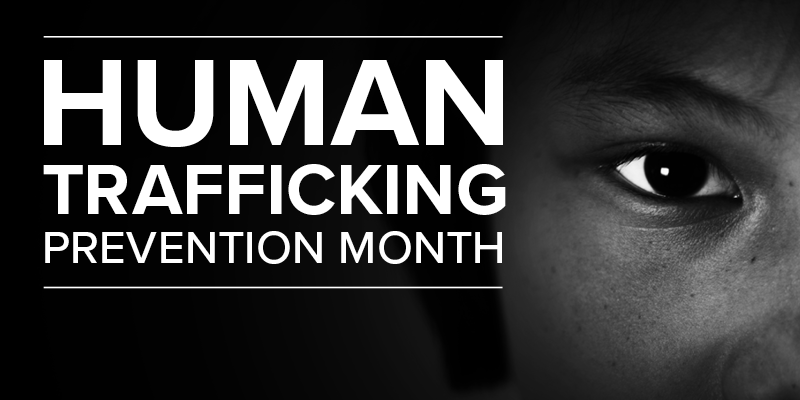
January is National Human Trafficking Prevention Month, a time to raise awareness and amplify collaborative efforts to end human trafficking across the nation and support victims. The U.S. Department of Labor’s Wage and Hour Division combats human trafficking on multiple fronts, including by calculating restitution.
The Trafficking Victims Protection Act of 2000 requires that convicted traffickers pay restitution to those they have victimized. Restitution is calculated by evaluating the victims’ losses as a result of being trafficked – including, but not limited to, the value of the victims’ labor as guaranteed under the Fair Labor Standards Act.
Our staff are experts in federal wage laws and are able to share that expertise with criminal prosecutors. We review evidence and leverage our expertise and industry knowledge to assess, among other things, how many hours the victims worked and what wages they were promised or should have earned to be able to assess what they are owed.
For example, we recently calculated restitution for a domestic worker who was forced to work in Virginia for 12 years. A federal court in Richmond ordered two defendants to pay the victim $250,000 for back wages and other financial losses she incurred because of the defendants’ criminal conduct. Ultimately, three defendants were convicted of conspiracy to commit forced labor and sentenced to prison.
Last year, we calculated restitution for 55 agricultural workers who were subjected to exploitative labor at a farm in South Carolina. A federal court ordered the defendants to pay the 55 victims more than $500,000 for unpaid wages.
Traffickers should not be able to benefit financially from exploiting their victims. While no amount of money will ever make up for the distress they experience at the hand of their traffickers, restitution and any other wages found due under the protections afforded by the laws we enforce give victims some financial stability to help them get back on their feet as they rebuild their lives.
We’re committed to continuing the fight against human trafficking by helping other law enforcement agencies compute restitution for victims, as we did in Virginia and South Carolina.
Human trafficking can be reported to the National Human Trafficking Hotline, a multilingual anti-trafficking hotline that provides confidential support and referrals 24/7. People who suspect a potential trafficking situation can call toll-free 1-888-373-7888 or text 233733. Tips can be reported anonymously.
Lee Ann Dunbar is the associate administrator of Wage and Hour Division. Follow the division on X at @WHD_DOL and on LinkedIn.

 U.S. Department of Labor Blog
U.S. Department of Labor Blog